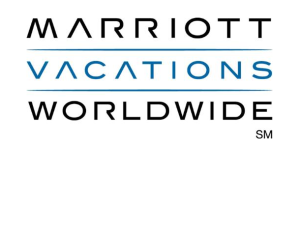Marriott Timeshare and Hotel Icon, Bill Marriott Criticizes Government Policy
Monday, December 6, 2010
Bill Marriott, CEO and patriarch of the Marriott hotel and Marriott timeshare empire, has voiced strong criticisms of the US government’s current approach to inbound foreign travelers.
As Marriott explains, “We’ve become a risk-averse country.” He adds that his company’s appeals to the US State Department for travel policy reform are being brushed aside as the government claims strict policies are necessary to protect our country.
In truth, both sides are right about this situation. We must be able to live and travel freely in America, with a sense of safety for ourselves and our families. And we must be able to welcome foreign travelers to our country for both its economic impact and the goodwill exchange it creates. The solution is somewhere between a wide-open door for foreign visitors to the US and Gestapo-like scrutiny from the State Department and the TSA.
Here are some of Bill Marriott’s valid concerns:
Currently, travelers into the US from most countries must wait at least three months to obtain a visa. In some cases, they must additionally submit to an interview by embassy officials. Because this is so exceptional, many travelers simply abandon their plans or head to places where travel policies are less rigorous.
This tough policy, says Marriott, has cost the nation billions of dollars in lost revenue and hundreds of thousands of travel sector jobs. Specifically, since 2000, the US has lost 440,000 travel related jobs and over $500 billion in travel related spending.
Travel Safety for Hotel, Timeshare, Vacationers and Business Travelers
America is nation of dreamers, doers, entrepreneurs and visionaries. It always has been. I believe we have the capability within ourselves to find solutions that work. We need methodologies and technologies to keep our nation safe without compromising jobs and revenue that this country needs.
Every time a visitor to this country has a positive experience traveling here, three very beneficial things happen.
- The US economy benefits generally.
- Many individuals, and subsequently their families, benefit specifically.
- A bond of international goodwill and understanding is forged, which in itself may be the greatest deterrent to the kind of hostility from which we try so hard to protect ourselves.
With unemployment rates hovering near double-digit numbers, economically America cannot afford to hamstring the hospitality and travel industries, which historically have been mainstay employers for millions and millions of Americans. With the surfeit of wise, experienced, and –this is a key word—innovative brainpower in this nation, I feel certain we can find solutions that keep America safe without retracting our welcome mat and shooting the hospitality and travel industry in the foot in the process.


